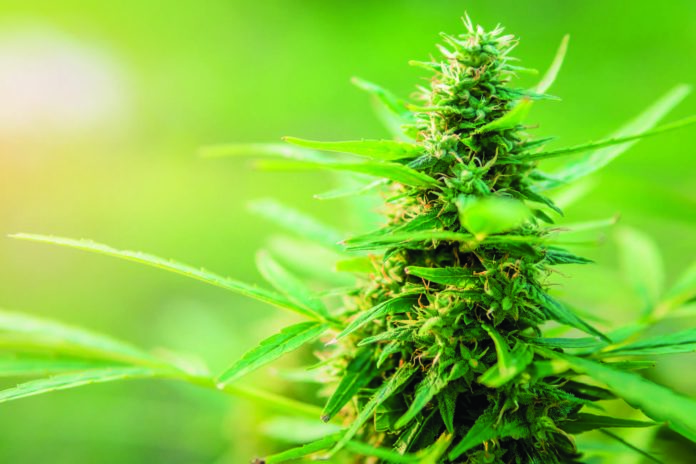On Tuesday, May 30,2023, Minnesota Governor Tim Walz signed legislation removing the prohibition of recreational marijuana use and possession, making Minnesota the 23rd state to do so.
Effective August 1, 2023, all misdemeanor convictions for marijuana possession will be expunged. Previous felony criminal marijuana convictions will be reviewed for expungement by a state body on a case-by-case basis some time after August 1st.
A constitutional amendment, only the 18th in history, prohibited the possession, distribution, and use of alcoholic beverages after midnight on January 17, 1920. Intended to curb the perceived problems of alcohol use and abuse, it proved to do the opposite. Without regulation, organized crime stepped in to produce and distribute everything from moonshine to beer. The problems only worsened, and folks who wanted to enjoy a healthy cocktail after work began lobbying for repeal. By December 5, 1933 the 18th amendment was repealed, although some states continued to impose prohibition of alcohol up until 1966.
The first state efforts to prohibit the use and sale of marijuana began in 1906. By 1937, the Marihuana Tax Act made marijuana illegal across the country. By 1970 additional laws, regulations and penalties were added. Again, just as with alcohol, organized crime moved in to produce and distribute the products people wanted.
Although Minnesota has now legalized cannabis products for people age 21 and over, those products are still illegal on the federal level. Shortly after Walz signed the legislation, the Bureau of Alcohol, Tobacco and Firearms (ATF) issued a reminder to Minnesotans that, “The Federal Gun Control Act of 1968 prohibits any person who is an unlawful user of or addicted to any controlled substance as defined by the Controlled Substances Act of 1970 from shipping, transporting, receiving, or possessing firearms or ammunition.
Regardless of the recent changes in Minnesota law related to the legalization of marijuana, an individual who is a current user of marijuana is still federally defined as an “unlawful user” of a controlled substance and therefore is prohibited from shipping, transporting, receiving, or possessing firearms or ammunition.”
The legislation creates the Office of Cannabis Management (OCM) to define and implement new regulations for the growing, distribution, and retailing of cannabis based products. The state is saying that retail dispensaries will not be opening until early in 2025.
Starting August 1, 2023, Minnesotans may possess up to two pounds of cannabis flower at home and may grow up to eight plants, although only four of those can be mature and flowering at one time. How that will be regulated is not clear at this time.
People may possess and transport up to two ounces of cannabis flower, eight grams of concentrate, and 800 milligrams of edibles.
Under the terms in the legislation the State of Minnesota will collect a 10% tax on the sale of cannabis related products. The tax is estimated to bring in over $100 million per year and the legislature intends 20% of that money will be shared with local governments.
Minnesota’s Medical Marijuana program will continue under the Minnesota Department of Health until March 1, 2025 when it will move to the OCM.
Low potency cannabis products are also affected by the new legislation. Regulatory authority for those products will transfer from the Board of Pharmacy to the Office of Medical Cannabis. Starting October 1, 2023 all establishments that sell gummies, topicals, and beverages (AKA Pot Pops) with low potency THC, CBD, or both will have to register with the State of Minnesota. There will not be a cost to register and the registration form is not yet available.
The state will be working rapidly yet thoroughly to develop rules and structure around this profound piece of legislation. It has prepared a website https://cannabis.state.mn.us/ that provides current information on everything from the legislation itself to how you can become a cannabis entrepreneur.




